In the global ERP rollout business, there is nothing that can delay a project than unforeseen legal or economic requirements; this is especially true when completing ERP rollouts abroad. In this conversation between D4M and Adrian Hernandez, we talk about increased legal and financial hurdles to overcome when rolling out an ERP system in Mexico.
Jean: How is rollout in Mexico different from US, Canada, or Europe?
Adrian: Been working with different rollouts and different kinds of setups in the system. It’s been part of my job for a while back now. The main difference that I have found between US and Mexico rollouts, are related with to the legislation topic.
Adrian: Basically, in Mexico we have a localization set up based on what the tax authorities requires from the companies. That makes rollouts a little bit tougher in Mexico than in other countries. Maybe it is because in Mexico we have several political reasons to have these localizations very focused on getting our tax definition very straight. Based on that, systems are made, or created, or set up to be done according to the tax authorities. And sometimes the tax authorities do not care about your systems, rollouts or costs. They say, “we have to have this, and you have to create something that matches what we’re asking”.
Adrian: As an example, tax postings in US or in Europe are very easy to create. However, in Mexico, they are not as you have to be very cautious of what you are posting on your revenue or expenses’ accounts. So maybe that is the most difficult part that you can find in the rollouts.
Jean: So how would you go about overcoming the said issues? You mentioned the tax issue. What are some ways to overcome this?
Adrian: The easiest way to overcome these issues is to understand what the tax authorities are requiring, understand the laws/legislation surrounding ERP rollouts, and – if need be – hire an outside party to help in this process.
Adrian: First, you need to understand what the tax authorities requires from you, because, sometimes it may look a little bit confusing why the tax authorities are requiring this or that and you have to go through the miticulous detail in the legislation. Once you understand this, you are able to create what the tax authorities require.
Adrian: Sometimes, companies hire other intermediary companies or an expert in taxes. When it comes to tax consultants, they do not necessarily need to be experts in systems or IT. They go first with the experts in the legislation; then, once the company understands exactly what the requirements are, that’s when the IT team goes through the system.
Adrian: To help in these processes, the SAP company often hires consultants from the tax authorities to match these requirements with the law.
Adrian: So, once everything is in harmony with what the tax authority requires and once the tax authorities/consultants start working with SAP, they create a template. This template is often a very basic template that can be modified according to every company’s needs.
Adrian: In conclusion, you have to go first through the law and then you go through the system.
Jean: And, again, this is before the usual SAP rollout headaches like different time zones or working with crews in different languages and so forth.
Adrian: Correct. Time zones and languages are always a problem. But, you can overcome that very easily. The language can be a problem, but – for sure – you need consultants that can speak Spanish and English and understand the tax and the requirements.
Jean: Can you just elaborate of just a little bit more on legislation? Like, name an example of a project in which there was legislation headaches and how it shaped the project.
Adrian: For sure. The example I want to talk about involves invoicing. It might be very easy in other companies to create an invoice to a vendor or from a customer and receive that from our different business partners, but in Mexico you have to be very careful with the invoicing procedure. For example, now, we are going through a new operation of the invoicing process where the tax authorities are checking out exactly the name of the company that is creating the invoice, and the person that is sending an invoice.
Adrian: To make the match and to check that it’s not in a blacklist, for example. Because, in Mexico, there are a lot of persons or companies that creates fake invoices and those companies are on a blacklist. Not following the rules to the tee can put your company on the blacklist limiting your ability to do business/expand in the region. This issue can be a very serious problem if you are not in compliance with that.
Adrian: Another example, tax IDs are checked very regularly when you create an invoice. This makes the process a little bit slower, as you must not only adhere to the rules while creating/reporting your invoice, but the invoice are checked for accuracy of original filing via the tax authorities database.
Adrian: If you don’t go through the database, you cannot create an invoice and your company’s business opportunities will be limited. That’s the clearest example on why tax authorities are very strict on the rules; this is also why there are a lot more of levels of red tape in SAP rollouts and while creating an invoice.
Jean: Okay. And, like you said, they’re checked via database. So just out of curiosity this database created and run by a particular organization to prove its legitimacy?
Adrian: Yes, there is a federal database that you have to check into with your company.
For
more interviews/success stories, be sure
to check out the official D4M International YouTube page!
D4M is a privately owned company specializing in leveraging digital technologies to accelerate manufacturing clients to their transition to Industry 4.0. With long tenure and hundreds or successful projects, we are confident that our approach and experience provides the roadmap to help bring clarity and efficiency to your manufacturing operation.
To find out how we can help with your SAP environment, or to learn more about how we rolled out SAP to 60 locations in 60 months, reach out to us today. Contact form and office numbers listed below.
We look forward to partnering with you!






